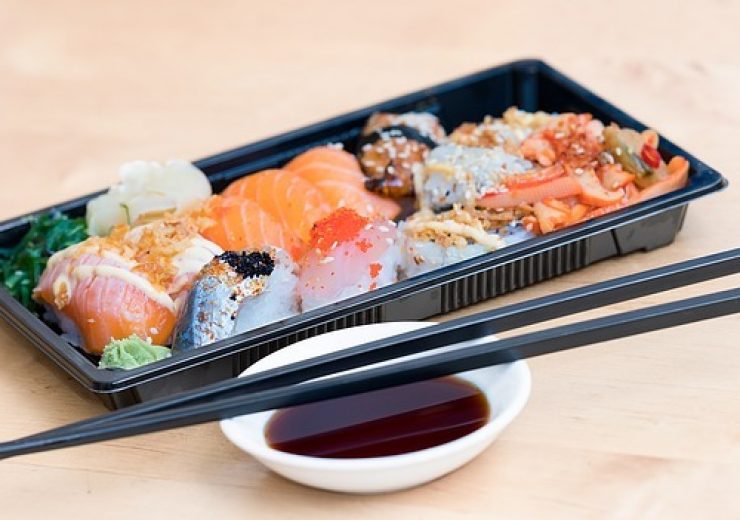The company intends to integrate 75% post-consumer recycled content in its meal kit boxes by 2025

Blue Apron intends to use 100% recyclable, reusable or compostable meal kit boxes by the end of 202. (Credit: Arek Socha from Pixabay)
US-based meal kit company Blue Apron has unveiled plans to use 100% recyclable, reusable or compostable meal kit boxes by the end of 2025.
The company is also planning to integrate 75% post-consumer recycled content by weight, in its meal kit boxes by 2025.
Blue Apron claims that it is the first major meal kit company in the US to announce time-bound targets around packaging goals.
Blue Apron president and CEO Linda Findley Kozlowski said: “We estimate that our meal kit packaging is currently 85% recyclable by weight, and we are the first major meal kit company in the United States to use only drain safe frozen gel packs in all of our boxes.
“While we’ve made significant progress, we recognise that our next big opportunity is further improvements in packaging across our business.”
To attain new packaging goals for its meal kits, Blue Apron aims to optimise its packaging based on several attributes of a customer’s weekly meal kit order by using the company-designed technology.
It helps to design an appropriate packaging configuration for safe delivery and reduce the amount of packaging used.
Blue Apron’s packaging engineering lab will carry out regular tests on new materials and innovative solutions to detect opportunities to minimise environmental footprint, including improved recyclability and increased post-consumer recycled content.
The lab will also help establish collaboration between members of the packaging engineering, food safety and quality assurance, operations and corporate social responsibility teams.
Blue Apron intends to continuously engage third-party partners such as How2Recycle and Sustainable Packaging Coalition to ensure accountability and boots progress towards its goals.
How2Recycle is a standardised labelling system that communicates recycling instructions to the public, while Sustainable Packaging Coalition works on spreading packaging sustainability.
